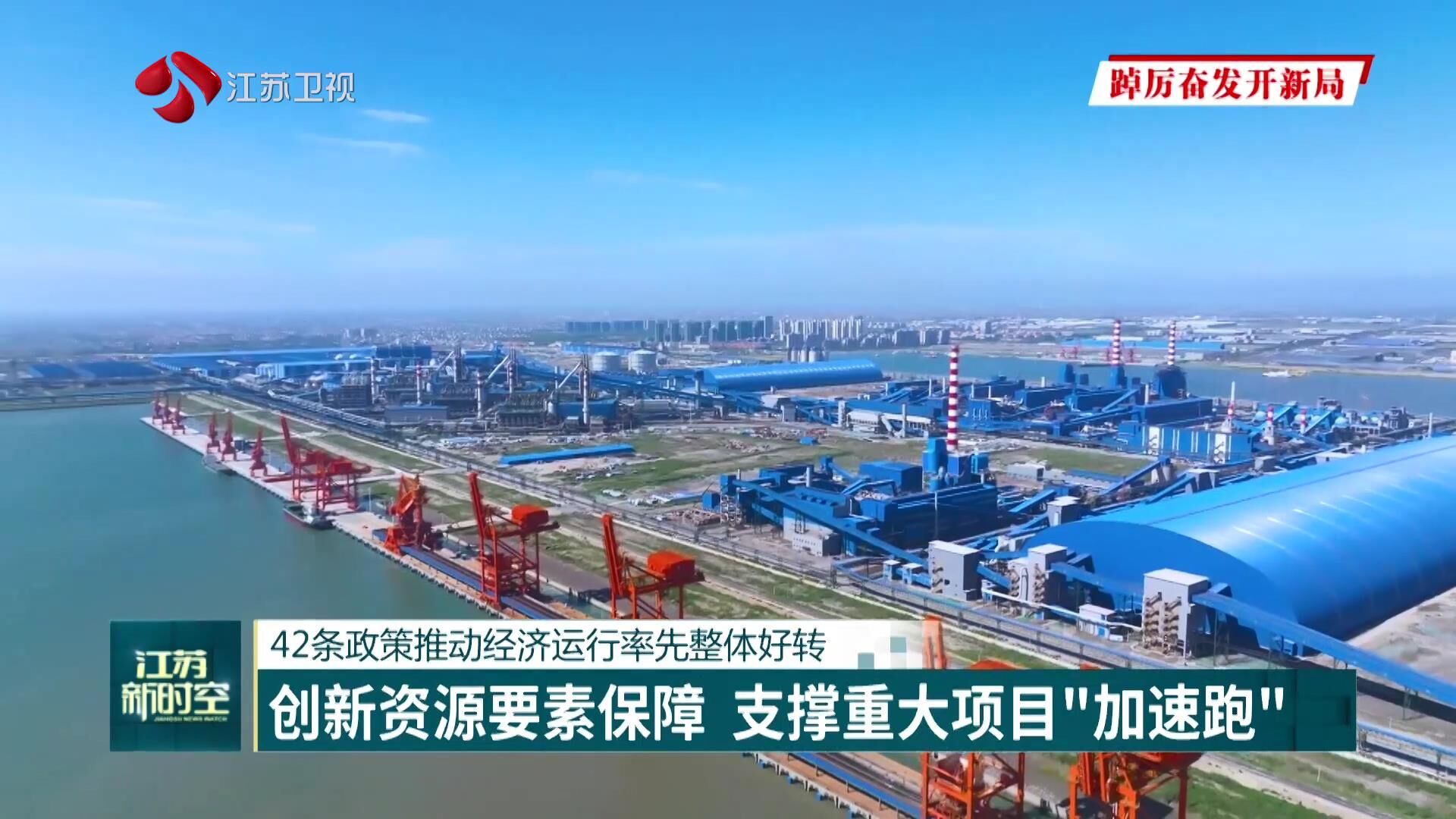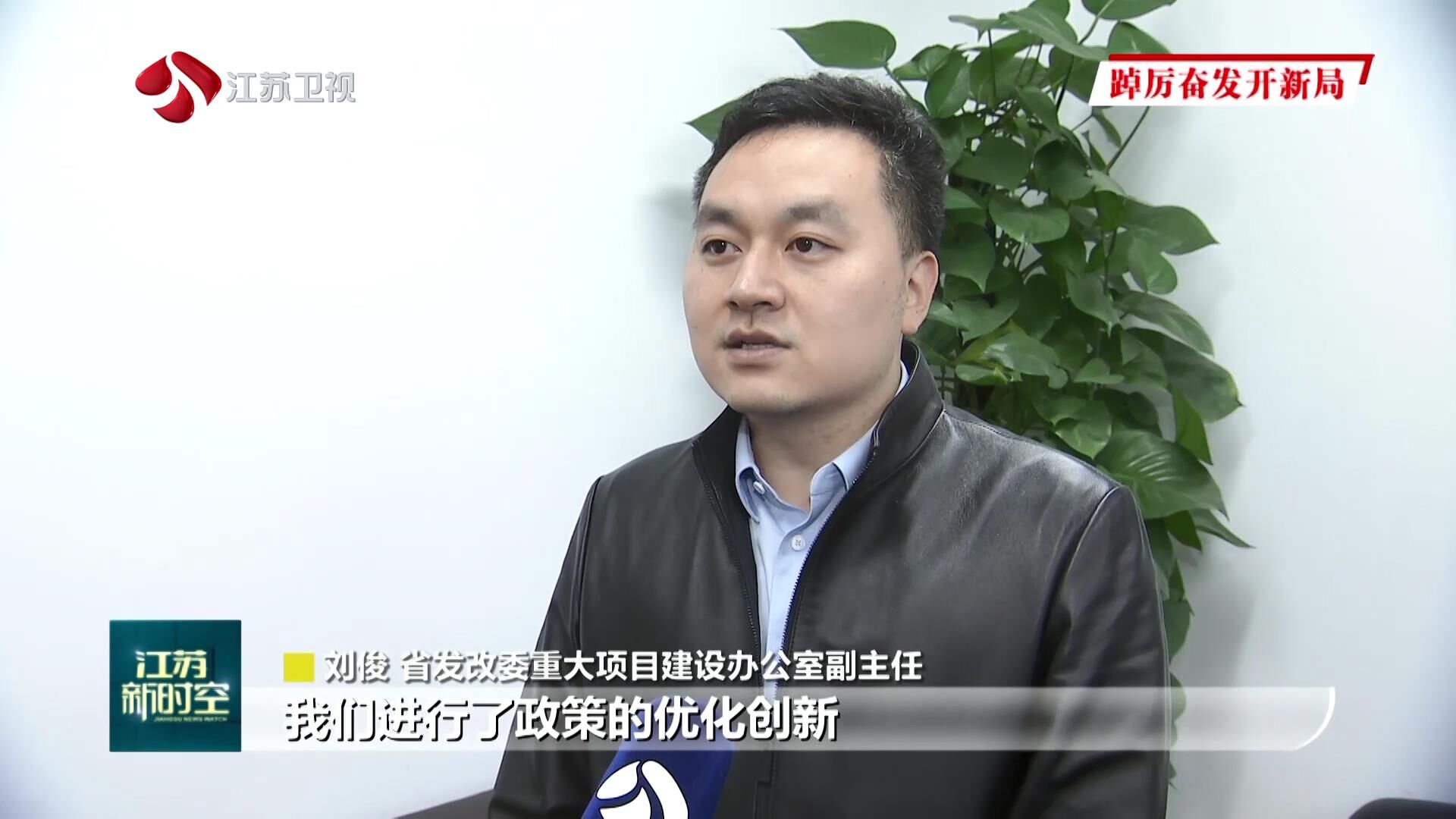East China’s Jiangsu province has unveiled stimulating policies to expand effective investment, hold fast to effective investment, and strengthen the endogenous power of development. As one of the three major driving forces, investment plays a huge role in promoting macroeconomic growth.

The construction of major projects is an important way to expand investment and stabilize growth. Over the past years, Jiangsu has always given priority to the construction of major investment projects. In the face of the adverse effects of the COVID-19 last year, Jiangsu invested more than 640 billion yuan in 227 provincial major projects, and fixed asset investment increased by 3.8%, providing strong support for stabilizing the macroeconomic market.
The recent stimulus policies and measures unveiled in Jiangsu emphasize the traction role of major investment projects at or above the provincial level. Therefore, targeted policies must be implemented in terms of capital, land use, and environmental capacity.
For example, the incentive policy encourages enterprises to implement the project environmental assessment commitment system approval under the conditions of compliance, and promote the supply mode of industrial land such as long-term lease, combination of lease and concession, and flexible transfer. In addition, enterprises can also optimize the quota supply, simplify the review process, and simplify the feasibility study demonstration to ensure the use of forest land for the project.

Liu Jun, Deputy Director of the Major Project Construction Office of the Provincial Development and Reform Commission
Private investment is the main force of investment, and also the most dynamic and resilient part of investment. In 2022, Jiangsu's private investment accounted for 68.6% of the total social investment, ranking foremost in the country.
In order to continue to stimulate the vitality of private investment, the recently-issued 42 policies and measures emphasize the continuous expansion of private investment industries and fields, support private investment to enter more key industries and fields such as transportation, energy, water conservancy, urban construction, environmental protection, culture, tourism, education, health, sports, elderly care, agriculture and rural areas, and support private capital to be engaged in the construction of major engineering projects and scientific and technological innovation projects.

Wang Shuhai, Deputy Director of the Investment Division of the Provincial Development and Reform Commission





